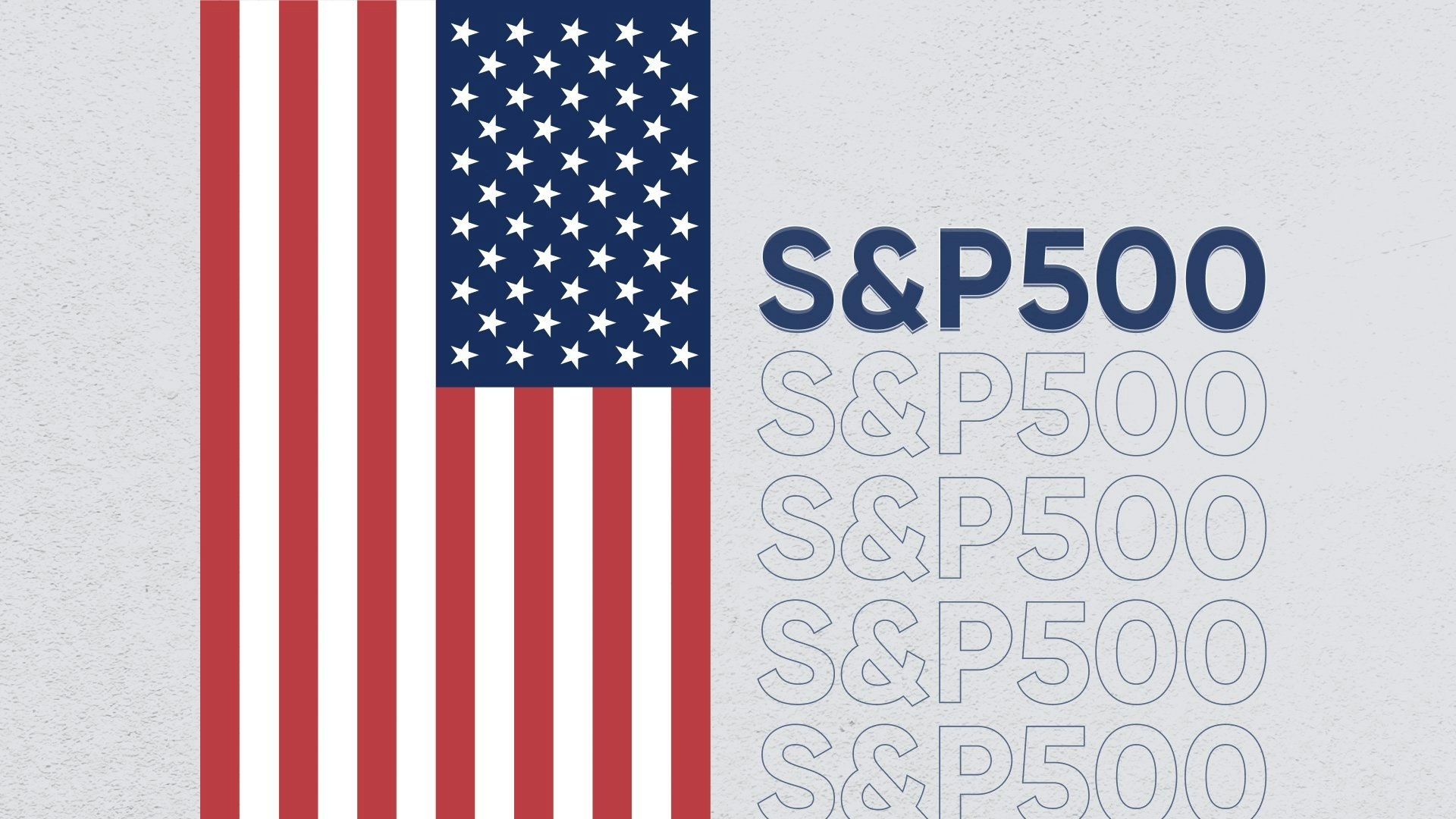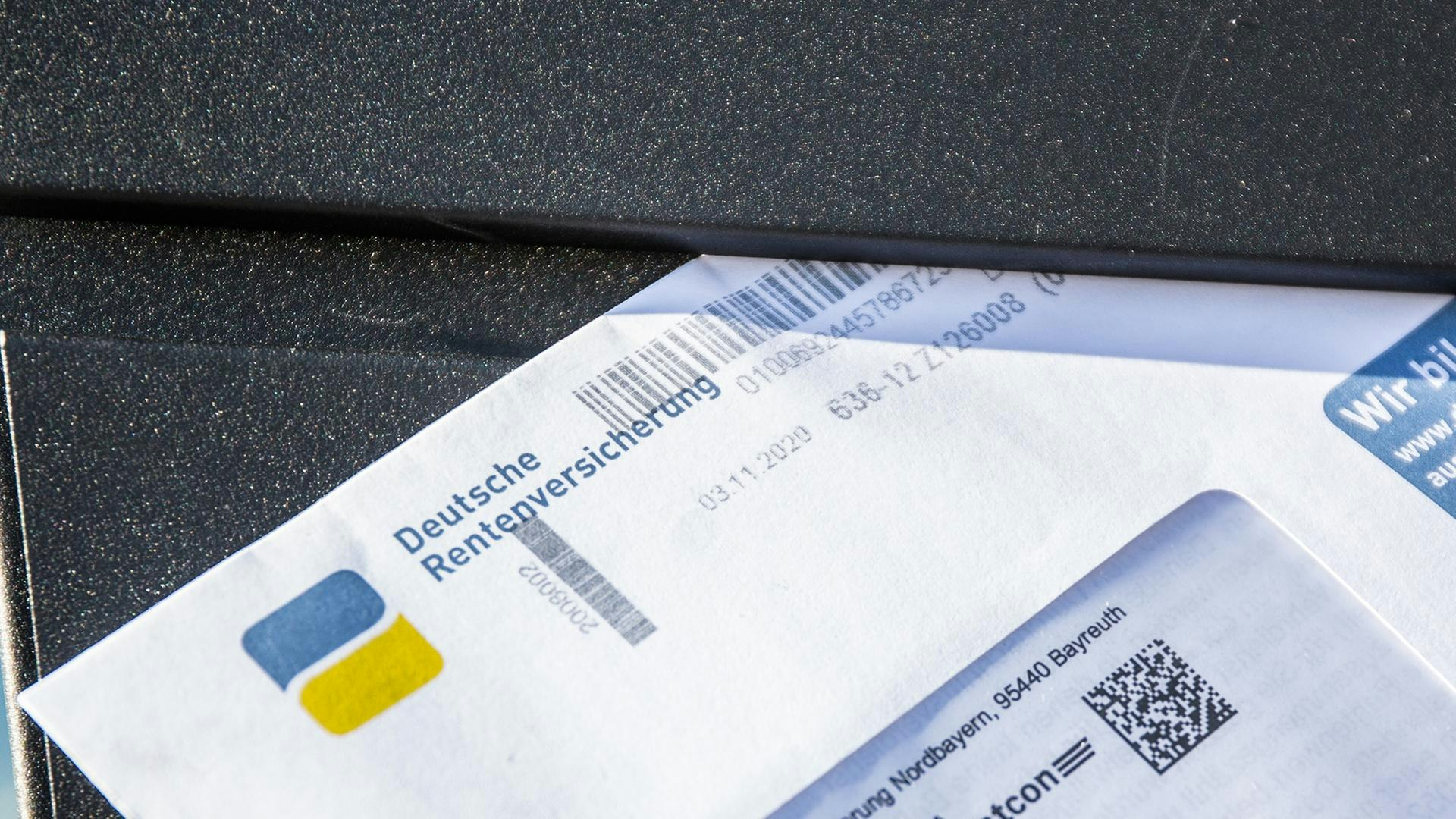Meta Platforms is at the center of a historic antitrust case, in which the US Federal Trade Commission is seeking to break up the company. The allegation: Meta is said to have built an illegal monopoly through the acquisitions of Instagram (2012) and WhatsApp (2014) – and to have deliberately defended it to the detriment of potential competitors. Yet at the center of the process is less about coming to terms with the past than the question: Who even counts as a competitor today?
TikTok, once dismissed as a harmless video service, is now becoming a key figure in Meta's defense. Under the leadership of CEO Mark Zuckerberg, the company argues that the market environment has fundamentally changed. It is no longer just about social networking, but primarily about entertainment – and TikTok is the dominant player here.
This argument was recently supported by statements from Adam Presser, TikTok's Head of Operations. In his statement, he emphasized that TikTok is not a traditional social media platform but rather an entertainment product with social elements. Internal TikTok documents presented to Meta confirm: Instagram and YouTube are considered TikTok's "most important competitors.
A look at the features shows: Stories, Reels, Shorts – the interfaces are becoming increasingly similar. Meta itself has also transformed Facebook and Instagram into algorithm-driven video platforms. In his statement, Zuckerberg spoke of a "broad discovery-entertainment space" inspired by TikTok.
The FTC, on the other hand, is trying to enforce a narrow market definition: social media platforms are primarily tools for contacting friends and family. Internal Meta documents presented in the proceedings show how strongly Facebook has historically emphasized this aspect—and how great the internal concern was that Instagram could cannibalize the core business.
Especially explosive: Emails from the years before the acquisitions. Meta executives like Javier Olivan internally warned of the growing threat from messaging apps in Asia. The tone was clear: "This sh-- is getting scary." Instagram co-founder Kevin Systrom also testified in court that his app could have developed into a serious competitor independently—while admitting that Instagram would never have grown as quickly without Meta.
Judge James Boasberg, who decides the case without a jury, has so far not shown a clear tendency. However, his questions suggest that he considers the technical differences between platforms to be more gradual than fundamental.
If the court considers TikTok to be a relevant competitor in the same market segment, the FTC's case threatens to collapse—because without a monopoly-like market position, the central justification for breaking up Meta is eliminated.







